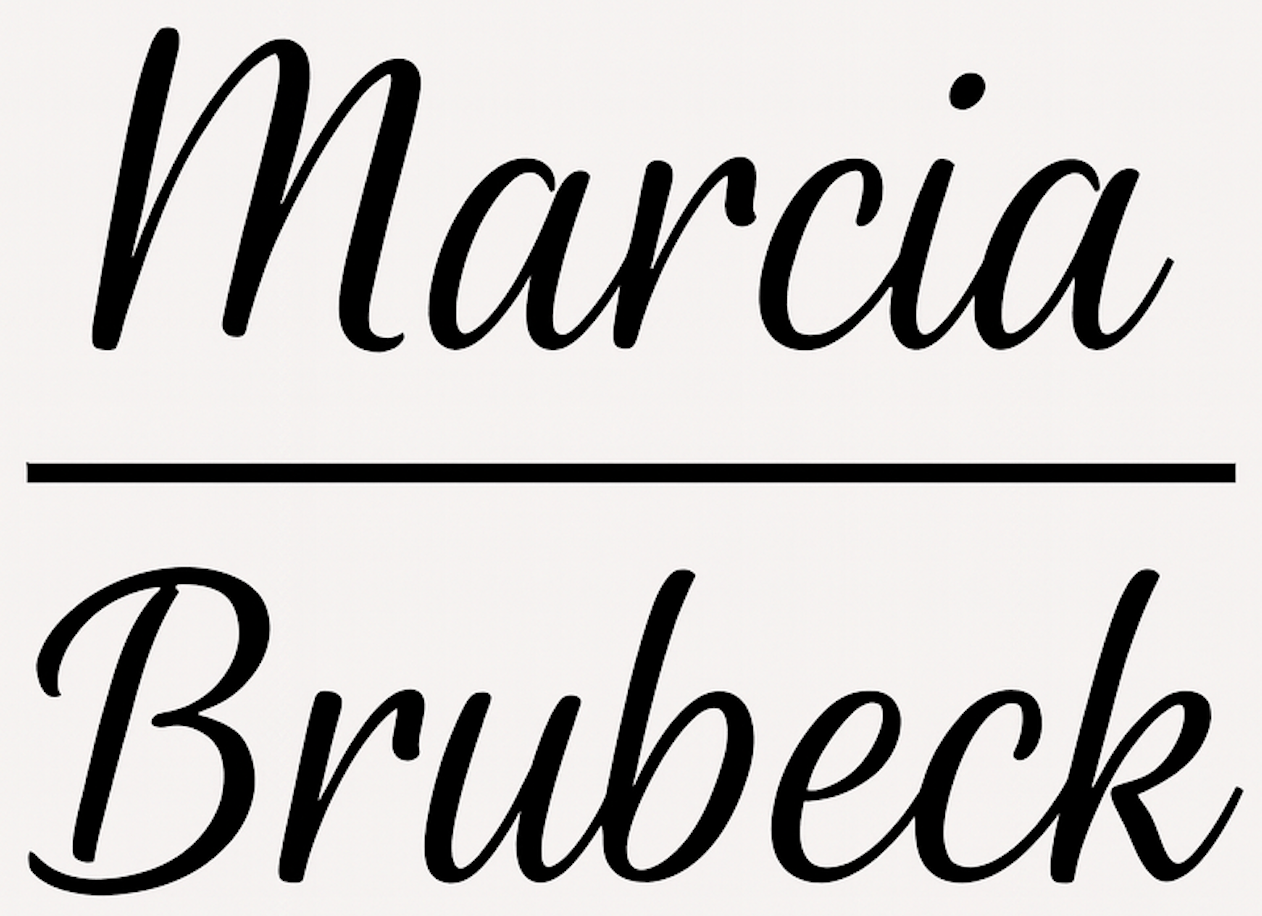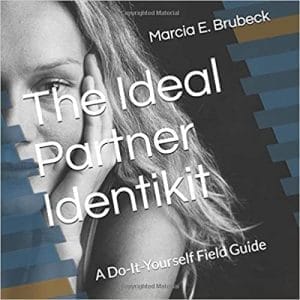
Twenty-five Ways to Spend Less; or, How to Resist Temptation Like a Saint
These days more people have less and less money to spend. Living well doesn’t necessarily mean tolerating hardship. If you are creative, you can continue to enjoy your perks while knowing exactly where your pennies go. These tips will help you spend your money wisely.
1. When you go out, leave your credit cards at home. Take along only a small amount of cash. If you are on foot, take no money at all.
2. Buy the luxury item only after you’ve earned enough extra money to pay for it. Alternatively, buy it with money that was a gift or a windfall.
3. Skip the expensive outing. Instead, do something that costs nothing.
4. Skip the restaurant dinner. Go for lunch instead. Or have a potluck dinner with one or more friends. (It’s healthier, too: less fat and less salt.)
5. Stay away from stores, malls, and online shopping sites.
6. Put a trash can by your mailbox. Throw out all catalogs from direct mail merchants. Don’t even look at them.
7. See if you can get the things you want without buying them retail. Craig’s List? Tag sale? Big box store at the end of the season? Make your own Starbucks coffee at home or at work (barista not included).
8. Borrow instead of buying. (If you’re looking for books or music, visit the library rather than making a bookstore, Amazon, or iTunes purchase. Your library lists its holdings online, and you can probably even borrow the book online, downloading it to your tablet.)
9. If you feel you really have to have the newest model, buy it as a reward after you’ve done something heroic. (Like quitting smoking.)
10. Bargain with yourself: if you do without this, you can get that instead. (But don’t get both.)
11. Give yourself points for stuff not purchased to buy things you REALLY want.
12. Make yourself wait until tomorrow (or next week) to make the purchase. (Maybe you will no longer covet the gizmo in question. If you do still want it, maybe you really need to own it.)
13. Is this acquisition in your best interest? Don’t indulge if it’s not. Reward yourself in some healthy way for resisting temptation.
14. Get receipts for everything, and stash them in your wallet. When you get home, file them in an envelope. At the end of the month, total your expenditures for food and other categories of things. Compare this month’s expenses with those of past months. Are you satisfied with where your hard-earned dollars are going?
15. Stagger larger purchases over a period of months: new computer monitor this month, new coat next month, etc. (Consider budgeting large expenditures. Alternatively, tell yourself: Before I spend money on this, I must make a deposit to savings.)
16. Do without (especially useful for manicures, pedicures, facials, and other frills).
17. Buy the splurge item as a birthday or holiday gift for someone else, then borrow it back (or enjoy it with the other person).
18. Make gifts for other people rather than buying them. Consider creating games as well as arts and crafts, scarves and mittens, food, and photos. There are many possibilities. Let your imagination run wild.
19. Find a greener alternative wherever possible. Steam vegetables, then use the water to make soup or to water the house plants. Turn the lights off and the thermostat down when you’re not at home.
20. Rather than replace stuff, repair it. This rule especially holds for cars.
21. Before paying someone else to do a job you can do, figure out how much your time is worth, and act accordingly.
22. When you buy expensive foods and beverages, consume them in very small quantities so that they last longer. The taste will stay in your mouth for the same amount of time no matter how much you swallow. A smaller plate or bowl will make less look like more.
23. Not everything must be bought ready made. You can often make what you need from scratch. You can also invent an alternative.
24. Walk or ride your bike rather than driving.
25. Focus on doing rather than having.





